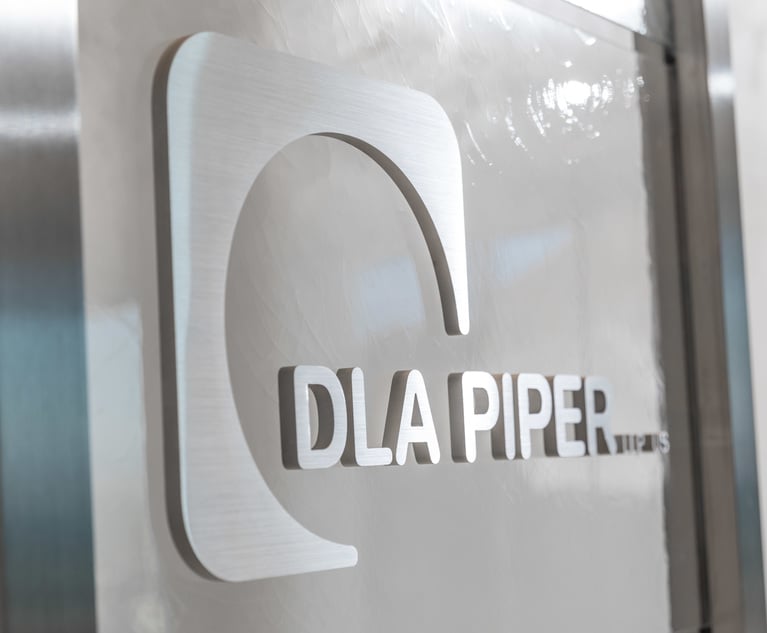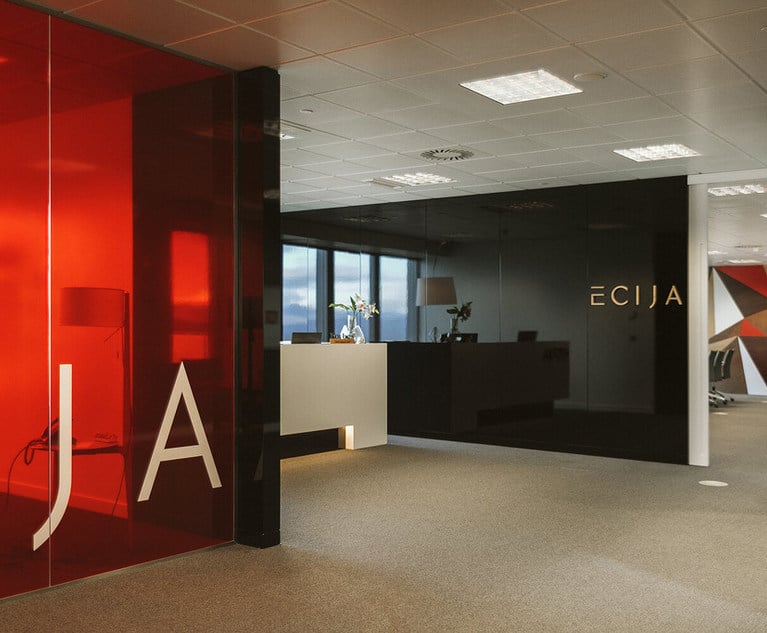 When Skadden Arps Slate Meagher & Flom won the lead role on the Qatar Investment Authority’s (QIA’s) £10.6bn bid for Sainsbury’s through Delta Two, the mandate was understandably seen as a coup for the US firm’s City arm. But with the deal’s last-minute implosion there are recriminations and some questioning of the tactics of the bidders; where did it all go wrong for what looked like one of the most daring European deals of the year?
When Skadden Arps Slate Meagher & Flom won the lead role on the Qatar Investment Authority’s (QIA’s) £10.6bn bid for Sainsbury’s through Delta Two, the mandate was understandably seen as a coup for the US firm’s City arm. But with the deal’s last-minute implosion there are recriminations and some questioning of the tactics of the bidders; where did it all go wrong for what looked like one of the most daring European deals of the year?
The deal collapsed just days before the deadline for a formal, fully-financed offer from the Qataris, with Delta Two unable to get its sovereign fund-backers to stump up an additional £500m in equity to bolster the company’s pension funding. Given the swift downward turn in the markets after the debt-heavy bid was initially announced in July, it would be an obvious conclusion that the credit squeeze was the main culprit, but all parties agree that wider conditions were of minimal impact. Instead, some blame the QIA for being ill-prepared for what was always going to be a complex bid with substantial UK competition and pension issues. It is argued that a request to inject £500m to reduce the bid’s reliance on debt was entirely predictable and reasonable.








